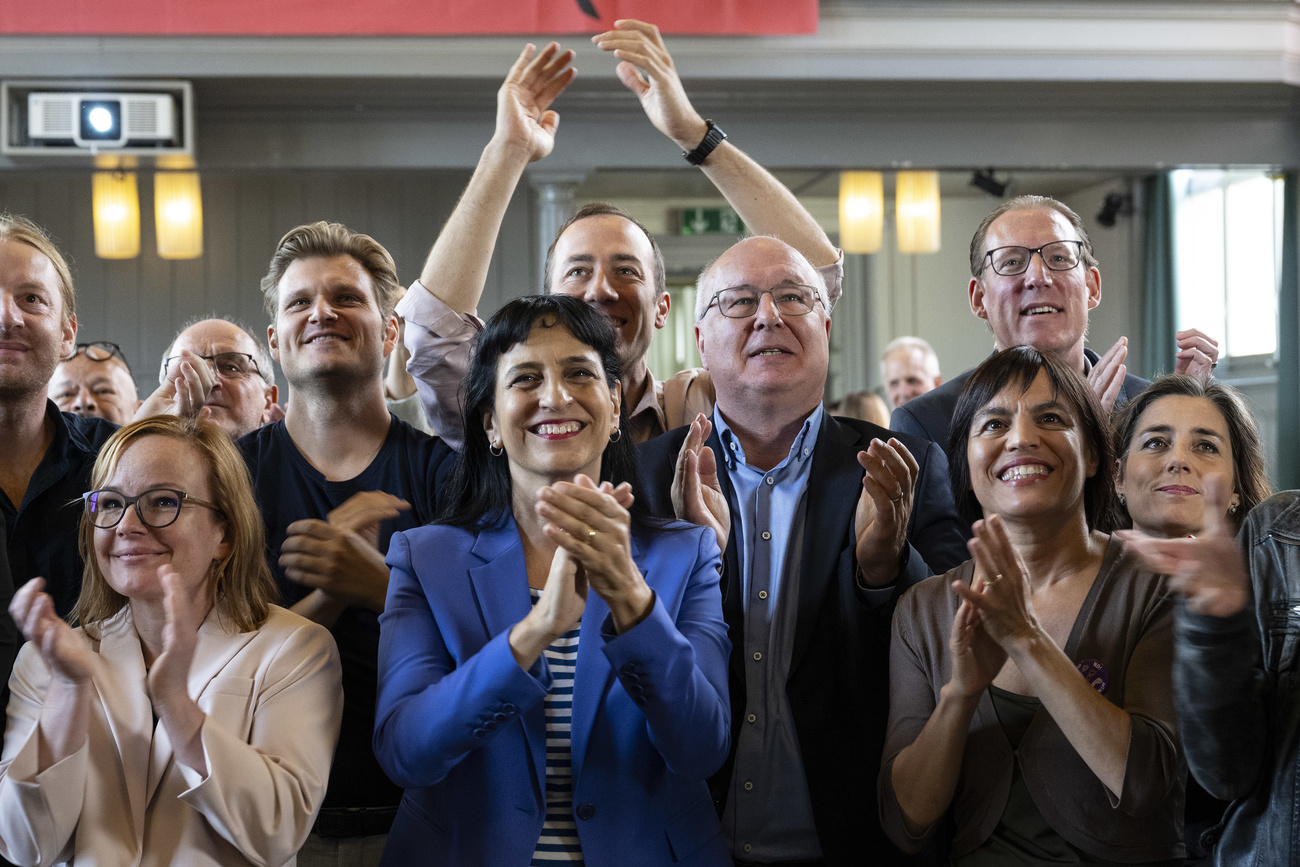Labour’s move to tax private education leaves Britain divided

By Sarah Young
MALVERN, England (Reuters) – Mark Manwaring-White, 67, had been hoping to retire but a policy introduced by Britain’s new Labour government means his daughter’s school fees could rise by 20%. So instead, he’ll keep working.
The removal of a tax exemption for private schools from January is an important part of Prime Minister Keir Starmer’s drive to raise revenues for expenditure on ailing public services and to plug a hole in public finances. But it’s a political gamble.
Manwaring-White’s daughter attends the girls-only Malvern St James private school in central England. The electronics engineer said Labour’s policy is driven by envy of those who can afford to pay for what he believes is a better-quality education.
For him, it’s worth the sacrifice to cover the higher fees at his daughter’s private school. “It’s given her a most amazing education that she couldn’t have got locally,” said Manwaring-White, who fears that forcing more children to have a state-controlled education would “dumb down society”.
Parents of about 600,000 pupils who attend private schools now face the same decision of whether to accept paying higher fees or to place their children in state schools.
The government estimates that the removal of the exemption from value added tax – a 20% sales tax levied on most goods and services – will raise up to 1.5 billion pounds a year ($1.98 billion). That, it says, will pay for 6,500 new state school teachers, raising the budget for state school spending in England by 2%.
It’s a move Labour, which has its roots in defending the working class, says will go some way to rebalancing a two-tier education system criticised by some for entrenching privilege among the wealthy. Critics have warned it could lead to an exodus of pupils and heap pressure on the state system.
The Treasury did not immediately respond to a Reuters request for comment.
When challenged about the policy in a pre-election debate in June, Starmer said: “I want every single child wherever they come from, whatever their background, and whichever school they go to, to have the same opportunities.”
For now, the Labour government believes it can stomach the fall-out, saying in a government blog in September it expects the numbers leaving private schools to be minimal.
An opinion poll by Ipsos in August said more than half of Britons are in favour of the plan.
“A policy that will raise more money for state schools, where my children will go, and the vast majority of children in the UK go, is a good one,” said Sophie McCann, 40, who works for a charity.
PRIVILEGE
Private schools, many hundreds of years old and set in stately buildings surrounded by manicured lawns, have a deep cultural reach in Britain. From the country’s judges to London’s West End theatres, private school alumni play a disproportionate role.
The share of children at private schools has remained steady at about 7% over recent decades despite fees rising 55% in real-terms since 2003, according to the Institute for Fiscal Studies (IFS), an independent economic research body based in London.
“It’s kind of almost a truism of British society, of British education: that’s just what part of the market wants,” said Luke Sibieta of the IFS.
Many families are wedded to the private system – with generation after generation attending the same school. The parents believe their children will get better grades, entry to a top university and the benefits of an elite social network.
In 2023, students in private schools were more than twice as likely to achieve the top two grades at A-level, the exams taken by 18 year-olds, according to exam regulator Ofqual.
However, the decision to remove the VAT exemption faces a legal challenge on discrimination grounds: about one in five children at private schools have special education needs and disabilities, according to the Independent Schools Council (ISC), an industry body representing 1,400 private schools.
Nash El-Mugheiry, a 48-year-old with her own consulting business, said she and her husband have saved money and eschewed holidays so they can send their children to a private school. Two of their children have ADHD and one has dyslexia.
“Specialists in both cases have said they really need small class sizes,” she said. “They need specialist help, and they just wouldn’t get that in the state sector.”
In the state sector, the average class size is 27, according to government figures, while in private school class sizes tend to be less than 20.
CLASS
Average private school fees stand at 18,000 pounds a year, according to the ISC. That is beyond the reach of most Britons, where median annual earnings stand at 35,000 pounds a year.
Eton, one of Britain’s most prestigious schools, whose alumni include former Prime Ministers Boris Johnson, David Cameron and Princes William and Harry, has said its fees will rise by 20% once VAT is included to 63,000 pounds a year.
While private schools have been raising their fees, funding for the state system fell by 9% in real terms between 2010 and 2020 on a spending-per-pupil basis in England, according to the IFS.
Baz Ramaiah, a former teacher and head of policy at think tank The Centre for Education and Youth, says the tax exemption for private schools is “a privilege and a luxury” the wealthiest in society have enjoyed for too long.
“There’s been a strong sense for a long time in the teaching profession that this is something that is fundamentally unjust,” he said.
Yet for Gareth Lloyd, the headmaster of Malvern St James, where fees are 24,000 pounds a year, Labour’s move is about party politics and he expects it to end up putting pressure on the state sector. He won’t pass on the full 20% rise to parents, he said.
Julie Robinson, head of the ISC, said higher fees could price some families out of private education, eventually shrinking a sector that it estimates is worth 16.5 billion pounds to the UK economy and supports 328,000 jobs.
The IFS thinktank expects private school numbers to drop between 3% and 7% in the medium to long term as a result of the policy, equivalent to about 20,000 to 40,000 pupils.
That could hit smaller private schools hard. St George’s Prep, in Boston, Lincolnshire, has 87 pupils aged up to 11 and charges around 10,000 pounds a year. Director Mark Whelan says his school will survive but its going to be tough, forecasting he could lose between 12-15% of pupils.
Eight parents, teachers and policy experts told Reuters they did not expect the policy to generate enough money to improve the state system significantly, and said they were just an easy target for the Labour government to raise funds.
Manwaring-White said he would work for as long as he could. His daughter, who has potentially five more years at school, was “very embarrassed” about the coming fee rise, he said.
“She said ‘sorry Dad’,” Manwaring-White said. “But she loves it here.” ($1 = 0.7565 pounds)







